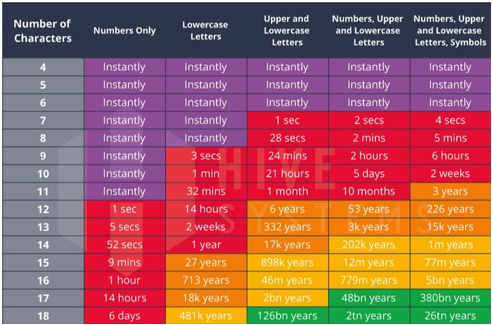Guest post by Sarah Warlick, bbr marketing
At a time when social media is the dominant form of public discourse, businesses are right to be concerned about what their employees say and do through these channels. Creating and enforcing a clear social media policy is not only advisable, it’s a necessity. It’s also a minefield, however, since employee speech is protected to a great degree by the U.S. Constitution and a number of specific laws, particularly those under the aegis of the National Labor Relations Act (NLRA) and its agency, the National Labor Relations Board (NLRB).
 Distinguishing between illegal and merely ill-advised social media communications is no straightforward matter, and employers must take care not to overstep their legal rights when drafting a policy regarding this behavior. Making rude or disparaging statements about your boss or company, for example, is a very poor career choice, but can it be banned by policy? Probably not, and the courts would be likely to rule in the employee’s favor if it came to a legal battle.
Distinguishing between illegal and merely ill-advised social media communications is no straightforward matter, and employers must take care not to overstep their legal rights when drafting a policy regarding this behavior. Making rude or disparaging statements about your boss or company, for example, is a very poor career choice, but can it be banned by policy? Probably not, and the courts would be likely to rule in the employee’s favor if it came to a legal battle.
So what may an employer include in a social media policy, legally speaking? Good judgment cannot be mandated, sadly, but there are specific types of statements that can be covered by a social media policy and enforced while staying on the right side of the law. Your social media policy for employees can cover elements that include:
- Logos and trademarks. It’s okay to forbid employee use of trademarks and logos for endorsements or commercial services.
- You are free to require that employees refrain from libel, slander or any speech that is discriminatory in nature in reference to colleagues, leaders or the company itself – or the competition, for that matter.
- Confidential information. Proprietary and confidential information can be required to stay private, and not used in any social media context.
- Obscenity, threats or other illegal speech. Employers are free to forbid social media communications that violate legal standards or constitute assault.
- Company time. Social media use can be banned during work hours. (If included in your policy, this rule should specify that work-related social media activities are an exception, or you’ll soon find your marketing staff at a standstill.)
Beyond these basics, limiting social media behavior frequently runs afoul of employee rights to free speech. It’s not okay to prohibit complaints, demand that employees report social media policy violations or influence their choice of social media contacts. Nor can you require a “respectful” tone for social media posts, or avoid hot-topic discussions – even when those statements reflect poorly on the company or its people.
The NLRB has consistently tried to create a balance between an employer’s right to “prevent disparagement of his or her products or services and protecting the reputation of his or her business” as described in the NLRA and the employees’ “right to self-organization, to form, join, or assist labor organizations…and to engage in other concerted activities for the purpose of…mutual aid or protection.” This right of employees is broadly construed to cover a great variety of social media speech, much of which is unpalatable to employers. The limit on individual speech as it pertains to employers exists where a statement is “made maliciously, meaning ‘with knowledge of its falsity, or with reckless disregard of whether it was true or false.’”
Given the fine line between protected employee speech and social media behavior that can be prohibited, it’s a good idea to be as specific as possible when drafting a policy. Use examples of what is and is not allowed. Describe in detail what topics are confidential or non-public, and thus forbidden from mention on social media. And be sure to specify exactly what forms of social media are covered by the policy: blogs, Twitter, Facebook, other networking platforms, personal websites, etc. Want to know how some companies have tackled their social media policies? The site Social Media Governance has gathered a database of social media policies that covers a wide array of businesses, organizations and agencies.
Finally, do all you can to maintain open lines of communication within the organization so that you don’t hear of internal problems first when they attract attention through social media conversations that go viral.
Protect your company with a clear, reasonable and legal social media policy along with good employee relations, so you can be the one giggling rather than the one gasping in horror next time you see a disastrous business situation unfold on social media.
Please note: Sarah is not a lawyer, though she has played one in a murder dinner theater production – and she was amazing. The post above should not be construed as legal advice. When drafting your own social media policy, confirm with your legal counsel the best terms for your company.
 Sarah Warlick
Sarah Warlick
Sarah serves as content director for bbr marketing, a firm that specializes in providing marketing strategy, planning and implementation for professional services firms including accounting, technology, legal and more. Learn more about Sarah and her firm by visiting www.bbrmarketing.com or contact her via email at sarah@bbrmarketing.com.






